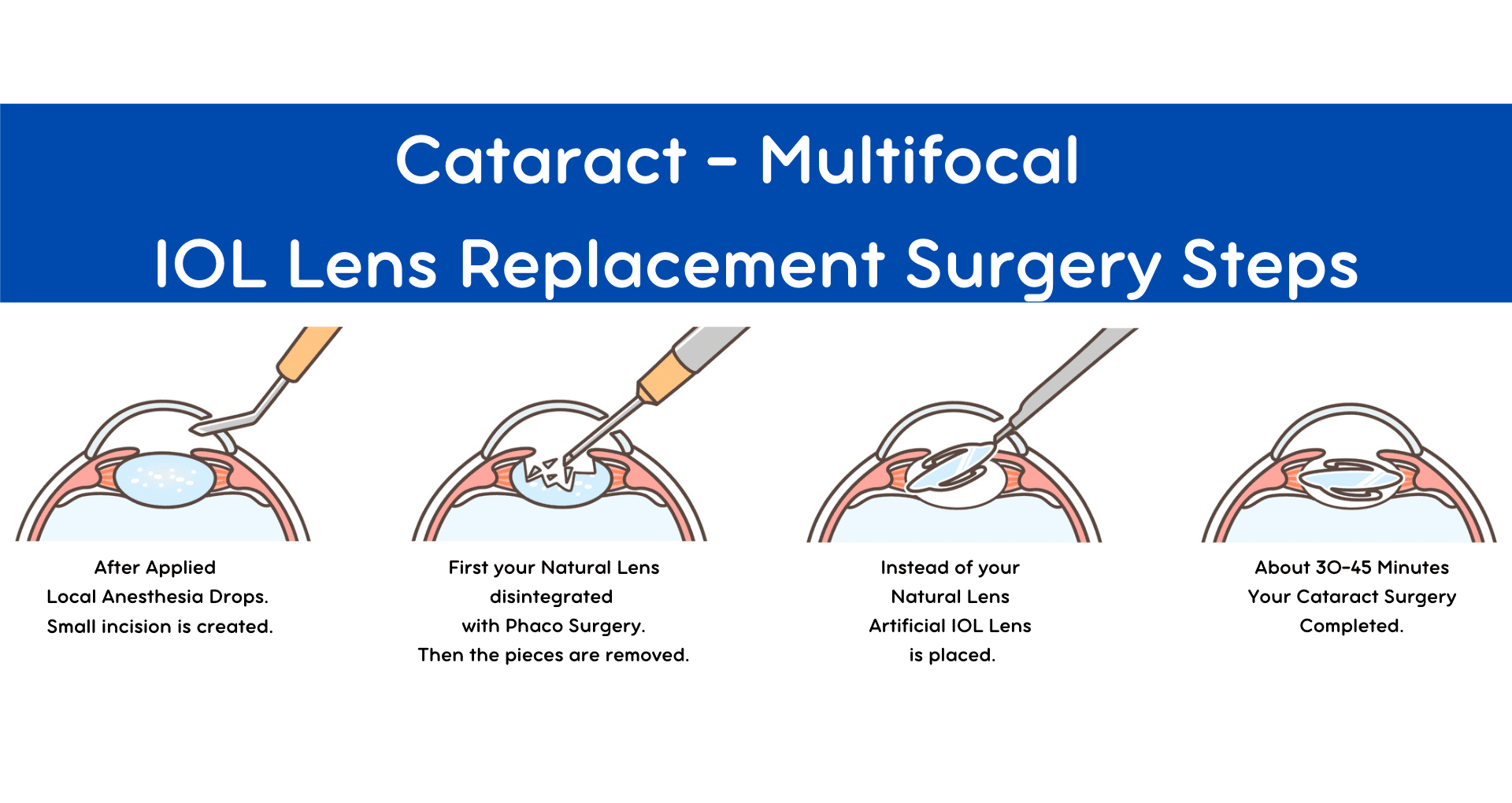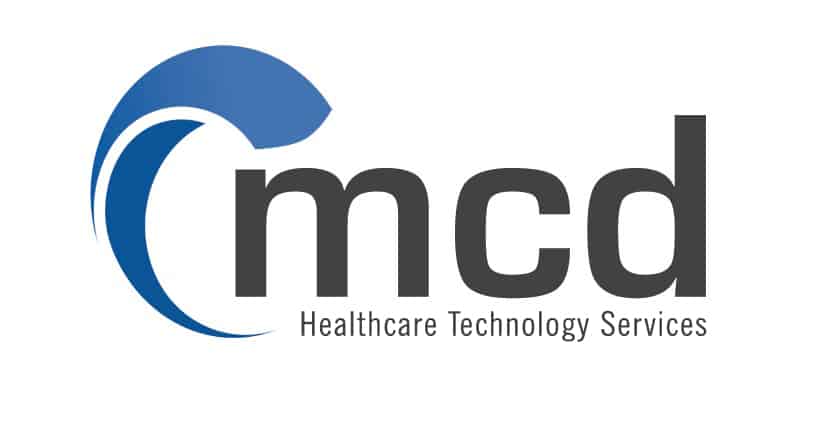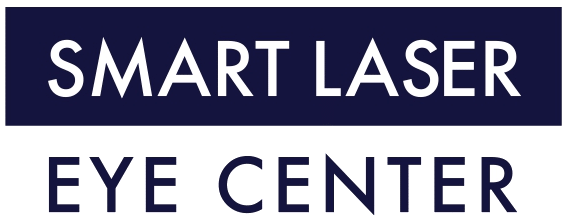Multifocal Cataract Surgery – Lens Replacement
Cataract Surgery
Multifocal Lens Replacement
Cataract Surgery with Multifocal Lens
Multifocal Lenses are prosthetic lenses that are place inside the eye in Multifocal Cataract Surgery. That allows you to see the near and far clearly is called Multifocal Smart Lenses alsoallow you to see far and near distance clearly without glasses. They correct ametropia (nearsightedness) and near (presbyopia). In general, multidimensional lenses are preferred for patients over the age of 40-45 who have Cataracts or have visual impairments that are too high to undergo Laser eye surgery.
How does vision loss occur in cataract disease?
Especially with the increase of Cataract grade, it is possible to experience age-related vision loss at all levels after the age of 60. If you are unsure whether this is due to a Cataract, you may still be eligible for lens replacement surgery. After all, this is an operation in which your natural lens can be replace with an artificial lens. In particular, it is necessary to make a very accurate and careful decision.
If wrong type of lens is use on unsuitable eyes, there will be permanent side effects. Permanent problems such as poor vision, flashing of light, glare at night and similar may occur. In particular, with Myopic (Nearsightedness) patients, if they don’t have Cataract problem, should be very careful if they want to have Multifocal or Trifocal lens replacement surgery. It is a medical fact that, with Hyperopia (Farsightedness) patients, Trifocal or Multifocal lens replacement could be more satisfactory with this treatment. Make sure that our eye surgeons will give you the most accurate information as a result of your examination.
Cataract is relatively easy treatment.
Today, with the advancement of Phaco technology is use in Cataract surgery. Especially since our eye surgeons have wide experience and use new technologies, our patients can operate safely. Our highly experienced and expert eye surgeons will give you clear information to make the right decision. Lens replacement surgeries are very safe and a common surgical procedure performs in our clinics.
Lens selection is the most important issue in Multifocal Cataract Surgery
There are many lens manufacturers available for prosthetic lens selection. Especially our eye surgeons, the decision is take by researching the features of all lens manufacturers and choosing the most suitable one for the patient. The country in which the lens is manufactured is not a priority. The most important thing in lens selection is to determine the most suitable lens for your eye as a result of diagnosis. The most suitable lenses for our patients are offer with alternatives and we can provide for you from the any manufacturer.
Naturally, it may seem difficult for you to decide who to trust, but the most important thing is to take the time to make your decision and research your options thoroughly. We want you to be sure that you will make the right decision for the selection of the most suitable lens for your eyes with our experienced and expert surgeons. For this reason, lenses are not sell in our hospitals in order to offer transparent and clear costs to our patients. We ensure that the most suitable lenses are use for you.
Book for free expert consultation
If you are wondering if you can have Cataract Surgery? You can now make your Cataract consultation appointment from the Smart Laser Eye Center. If lens replacement is not suitable for you, our experts will try to offer you alternative solutions. To learn more about what our centers have to offer and to get answers to your questions, we ask you to reach out to our experts directly.
Useful Links:
Cataract Lens Replacement Surgeries
Phakic Intraocular ICL Lens Surgery.
Vitrectomy Surgery. Cataract Surgery Medical Description Wiki. Keratoconus Cross-Linking Surgery. Blepharoplasty Aesthetic Surgeries. Dry Eye Syndrome Treatments. Periodic Eye Examinations. Glaucoma Treatments.
Frequent Ask Questions about Multifocal Cataract Surgery
At what age can I have Cataract Surgery?
Surgery Age
Monofocal Cataract Surgery can be apply to patients over the age of 50 and with suitable eye structure under normal conditions. Being a cataract patient and weakening of your vision determines the time of your cataract surgery. Not everyone can have cataracts. If your cataract does not prevent you from seeing clearly, you do not need to rush to have surgery. Our eye surgeons will give you the most accurate information.
Who can have cataract surgery?
When needed
Especially Monofocal Cataract Surgery is recommended for patients who develop cataracts and whose vision is less than 6/10, even with glasses. Cataract is a disease and causes blurred vision. If the cataract is making it difficult for you to do your normal activities, your doctor may recommend cataract surgery.
In most cases, waiting to have cataract surgery won’t hurt your eye, so you’ll have time to consider your options. The onset of cataract does not mean that you have cataracts. If your vision is still pretty good, you may not need cataract surgery for many years.
When can I return to my normal life after cataract surgery?
After Surgery
Especially after cataract surgery, your vision will be improve within a few days. Your vision may be blurry at first as your eyes begin to improve and return to normal.
Colors and environment may appear brighter after surgery because you are looking through a new lenses. It is normal to feel itching and mild discomfort for a few days after surgery. Avoid rubbing or pushing your eye. Our eye surgeon may want you to wear an eye patch or safety glasses on the day of surgery. Your doctor will remove the eye patch a few days after the surgery. Our eye surgeon may prescribe eye drops or other medications to prevent infection, reduce inflammation, and control eye pressure. Sometimes these drugs can be injected into the eye during surgery. After a few days, most of the discomfort should go away. Most of the time, full recovery occurs within eight weeks.
When can I return to work after cataract surgery?
Return to normal life
We advise that patients who have undergone cataract surgery wait a minimum of three days before returning to work. However, as everyone is different, your surgeon will make the best recommendation for you.
How do I book a free cataract surgery consultation?
Expert Consultation
It’s easy to book your free consultation and take the first step on your journey to better vision. Finding a Smart Laser Eye Center clinic near you couldn’t be more straightforward.
How does cataract surgery work?
Cataract surgery removes your cloudy natural lens and replaces it with a premium synthetic lens. The lens is specially design to improve your vision, so you don’t have to rely on glasses and contact lenses.
Will I feel the synthetic lens in my eye?
No you are not! Synthetic lenses places in the eye, unlike contact lenses, which sit on the surface.
What is cataract?
Cataract Definition
Especially, the natural lens, known as the crystalline lens, needs to be transparent to allow you to see clearly. Cataracts is a term used to describe cloudy patches that can develop over time within the lens. The cloudy patches cause blurry vision. Cataracts usually develop as we get older, but can be removed through a procedure that replaces your cloudy natural lens with a clear artificial intraocular lens.
What are symptoms of cataracts?
Common symptoms
Generally, Cataracts can cause symptoms such as misty or blurry eyesight, glare and halos around bright lights. Also difficulty seeing at night or in low light conditions. Therefore cataracts can also cause a change in the perception of color since colors will appear less vibrant and faded when the natural lens becomes cloudy.
Can cataracts spread from one eye to the other?
Especially cataracts are not contagious and they cannot spread from one eye to the other. However, if a patient develops a cataract in one eye, it is likely that they will go on to develop a cataract in the other eye as well.
How long does cataract surgery take?
Surgery Duration
Normally cataract surgery usually takes less than 20 minutes per eye to perform. As surgery is carried out under local anesthetic, you will be able to return home after your treatment.
Is a laser used to remove cataracts?
Femto-Second Cataract
During laser-assisted cataract surgery, the surgeon will use a femto laser to create a small opening on the surface of your eye in order to get access to your natural lens. The contents of the natural lens bag are then carefully removed and the premium synthetic intraocular lens is put in place.
Is cataract surgery painful?
Generally, cataract surgery is performed under local anesthetic, so you won’t feel any pain during the course of the procedure. After surgery, patients generally experience some temporary and mild discomfort as the anesthetic wears off.
Can I have cataract surgery on both eyes at the same time?
Sometimes, if you need surgery on both eyes, each eye can be treated on the same day which we don’t recommend that. Generally, cataract surgery performs on separate days. However, our eye surgeon will discuss your surgery options with you during your consultation.
When can I drive again after cataract surgery?
After Surgery
What are cataract surgery complications or risks?
Risk Factor
How long does it take to recover from cataract surgery?
Surgery Recovery
How can I prevent cataracts?
How to protect myself
How much does Multifocal cataract surgery cost?
Pricing
What is the success rate of cataract surgery?
At Smart Laser Eye Center , we are proud to report that 99% of our patients achieve driving standards or better following their cataract procedure.
What can I expect after Multifocal cataract surgery?
General Expectation
Will I need glasses after Multifocal cataract surgery?
At Smart Laser Eye Centers , we provide premium Multifocal and Trifocal lenses that can correct long-sightedness, short-sightedness and reading vision, therefore reducing your reliance on glasses or contact lenses. If you opt for a Monofocal lens you should achieve an excellent level of distance vision but may still need reading glasses for reading or for close-up work.
Your Expert Eye Surgeons

Education Information:
After graduating from primary school in Trabzon, Dr. Ofluoglu. He completed secondary and high school in Istanbul. He graduated from Istanbul University Cerrahpasa Faculty of Medicine in 1987. He successfully completed his ophthalmology residency at the Medical University of Vienna, Austria. He received his specialization equivalency in Turkey from Istanbul University Capa Faculty of Medicine . He worked as an Ophthalmologist at Taksim German Hospital between 1997-2014 as an ophthalmologist.Work experience:
German HospitalGalata Medical AcademyCertificates, Memberships, Scientific Publications:
- Articles Published in International Refereed Journals (Sci&Ssci&Arts And Humanities)
- Traenenwege from Die Endeskopie Der Ablrite. Akuchar, P. Novak,
- Ofluoglu FJ: Steinkogler. Spectrum Der Augenheikunde (1985)
- Volumersatz Der Orbita Myth Bioplastic. FJ Steinkogler, A. Kuchar,
- Novak, A.Ofluoglu Spektrum Der Augenheikunde
- Turkish Ophthalmology Association
- European Society Of Cataract And Refractive Surgeons
- American Society Of Cataract And Refractive Surgery
Specialized Treatments and Surgeries:
- Retractive Laser Eye Surgery: iLASIK (Femto Lasik), LASIK, LASEK, TransEpithelial PRK (NO TOUCH) and SMILE
- Cataract Surgery (Smart Lens Surgery)
- Keratoconus Treatments – Cross-Linking Surgeries
- Pterygium – Eyelid (Bird Wing) Surgery-
- Dry Eye Disease and Treatments
- Strabismus Treatments
- Glaucoma- Glaucoma Eye Pressure Treatments
- Diabetic Retinopathy – Treatments for Diabetes-Related Eye Diseases
- Macular Degeneration Disease Treatments
Foreign language:
- English
- German
MEDICAL UNIVERSITY of VIENNA
35 Years of Experience
>35.000 Surgery

Education Information:
He completed his primary, secondary and high school education in Ankara. Fevzi Senturk graduated from Ankara University Faculty of Medicine with a degree in 1994, and subsequently received his Ophthalmology Specialization training from Eskisehir Osmangazi University Faculty of Medicine in 2000. Afterwards, Fevzi Senturk completed his Retina Fellowship at Istanbul Retina Institute and earned the title of Associate Professor at this institution. He is still continuing his academic career by taking the title of Professor at Istanbul Medipol University. He has focused his scientific and clinical studies on retinal diseases, Vitreoretinal surgery and cataract surgery.Awards,Memberships and Scientific Research:
- Retinal capillary hemangioma: AB interno surgical excision, 43rd National Congress Awards, Best Video First Prize, 2009
- Photodynamic therapy guided by indocyanine green angiography in chronic central serous chorioretinopathy, Turkish Journal of Ophthalmology, Best Publication Third Prize, 2000
- Retinal capillary hemangioma: AB interno surgical excision, 43rd National Congress Awards, Best Video First Prize, 2009
- Photodynamic therapy guided by indocyanine green angiography in chronic central serous chorioretinopathy, Turkish Journal of Ophthalmology, Best Publication Third Prize, 2000
- Vitreoretinal Surgery Techniques, Second Edition, Hayat Medicine Bookstore, 2008
- Eye Diseases and Anti-VEGF Therapy 2010.
- Ocular Electrophysiology (TOD Education Publications No 13) Meaning of VEP, VEP registration and parameters in ISCEV standards., 2011
- Clinical Eye Atlas (Oxford Atlases in Ophthalmology), 2012
- Imaging in Ophthalmology, Microperimetry, 2013
- Ocular Electrophysiology (TOD Education Publications 1st Edition), Multifocal Electroretinogram Recording and Evaluation, 2022.
- Current Vitreoretinal Surgery (TOD Education Publications), Surgical Anatomy of the Retinal and Vitreous, 2022.
- Turkish Medical Association
- Turkish Ophthalmology Association
- Turkic Republics Ophthalmology Association
- Electrodiagnostic unit board membership
- Electrodiagnostic unit training representative
- International Society for Clinical Electrophysiology of Vision (ISCEV)
Specialized Treatments and Surgeries:
- Macular Degeneration Disease and Treatments
- Retinal Detachment Treatments
- Retinal Hemorrhages Due to Diabetes and Hypertension and Their Treatments
- Retinitis Pigmentosa Treatments
- Central Serous Chorioretinopathy
- Retinal Vascular Occlusions
- Epirentinal Membrane
- Macular Hole
- Glaucoma eye pressure
- Neuroophthalmological Diseases
- Vitrectomy-Retina Surgery
- Intravitreal Injection Treatments
- Argon Laser Photocoagulation Treatment
- Photodynamic Therapies
Foreign language:
- English
MEDICAL UNIVERSITY of Ankara
28 Years of Experience
>25.000 Surgery
Patients Reviews
Definitely avoid low-cost Cataract Surgery
You may think that a cheap cataract surgery is right for you. This might be fine if you're buying a cheap TV, but it's not worth the gamble with your eyesight. But as you know, having cheap eye surgery means sacrificing technology, physician quality, medical care and sterile conditions, and most importantly, taking risks. The issues that fall on a patient who wants to have cataract surgery and should pay the most attention; The hospital with the latest technology in cataract surgery and imaging devices, a sterile environment, and an experienced doctor and clinical team should be selected. We would like to remind all our patients that they only have two eyes and that the most important and most sensitive sense organ is their eyes.
None of these things are more important than your eye health, and we do not compromise on quality and cutting-edge technology. We offer you our prices in a very understandable, fair and affordable way.
There are no hidden costs in our pricing. We make Cataract Surgery affordable for you.






